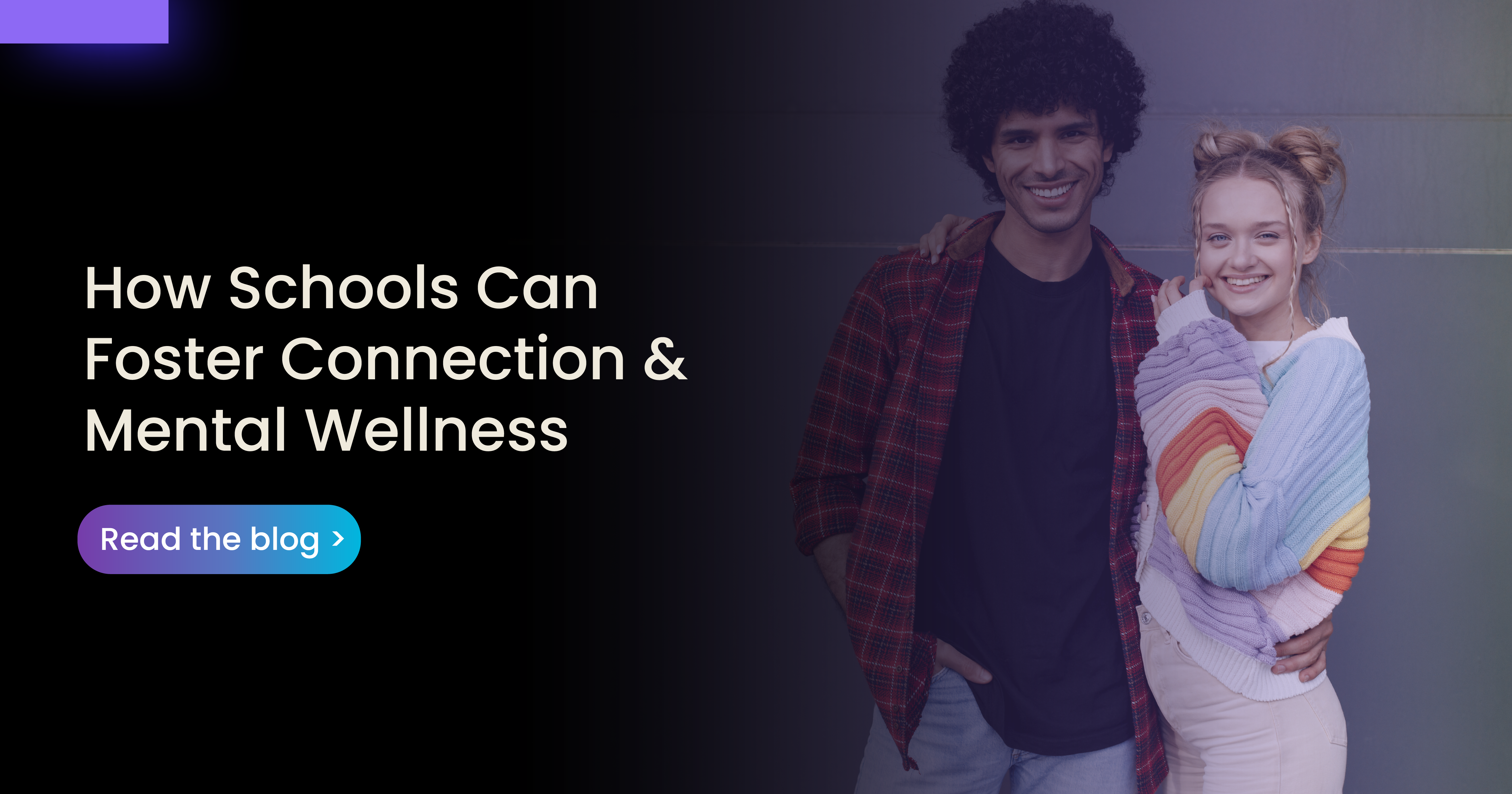In the evolving landscape of youth mental health in the UK, the significance of relationship-building in schools cannot be overstated. As young people navigate the complexities of growing up, fostering healthy relationships becomes crucial in combating mental health issues like anxiety, depression, and stress.
The Importance of Relationship Building
Firm, supportive relationships are foundational to mental well-being. In educational settings, where students spend a substantial amount of their time, the quality of their interpersonal connections significantly impacts their emotional and psychological health. According to a survey conducted by the English-Speaking Union, 52% of adults surveyed said their children struggle to make friends because they lack self-confidence in speaking to other children. This is a worrying statistic, especially since positive relationships in school settings have been shown to reduce the prevalence of mental health disorders among students.
Understanding the Factors That Promote Relationship Building
Several elements contribute to effective relationship-building in schools:
- Positive School Environment: A welcoming and inclusive school culture encourages students to form meaningful connections. Programs that promote respect, empathy, and collaboration create a supportive relationship-building atmosphere.
- Extracurricular Activities: Participation in sports, arts, and clubs provides opportunities for students to connect over shared interests, fostering a sense of belonging and community.
- Mentorship Programs: Establishing mentorship programs where older students guide younger peers can help bridge gaps, offering support and fostering solid and positive relationships.
- Teacher Involvement: Teachers play a pivotal role in nurturing student relationships. Training educators to recognise and address social dynamics can significantly impact the quality of student interactions.
The Role of Digital Solutions in Enhancing Relationship Building
In the digital age, tools like eQuoo have become essential in promoting relationship-building among young people. Our clinically proven emotional wellbeing app equips students with the skills to build and maintain healthy relationships. Through interactive storytelling and psychological techniques, eQuoo helps users develop empathy, improve communication, and enhance emotional intelligence.
A Collective Approach
Promoting relationship-building in schools requires a collective effort. Schools, parents, healthcare providers, and policymakers must collaborate to create environments that prioritise social connections. Early intervention and education on the importance of healthy relationships can make a significant difference in students’ mental health.
At PsycApps, we are dedicated to being part of the solution. Through innovative technology and a deep understanding of psychological principles, we strive to make a positive impact on the social and emotional wellbeing of young people. By raising awareness and promoting practical tools, we aim to foster a generation of students who are not only academically successful but also emotionally connected and resilient.
Closing Remarks
The importance of relationship building in schools cannot be overstated. As we tackle the mental health challenges affecting young people in the UK, it’s crucial to equip them with the tools and resources necessary to develop and sustain healthy relationships. By working together, we can pave the way for a brighter future where mental health is a top priority, enabling every young person to build meaningful connections and live a fulfilling life.
Want to implement eQuoo in your school or college? Contact us today for September implementation!
Sources
Download Now
Equip yourself with the tools to impact your students’ lives positively. Download our free whitepaper today and join us in supporting the emotional and mental wellbeing of students during results day.


